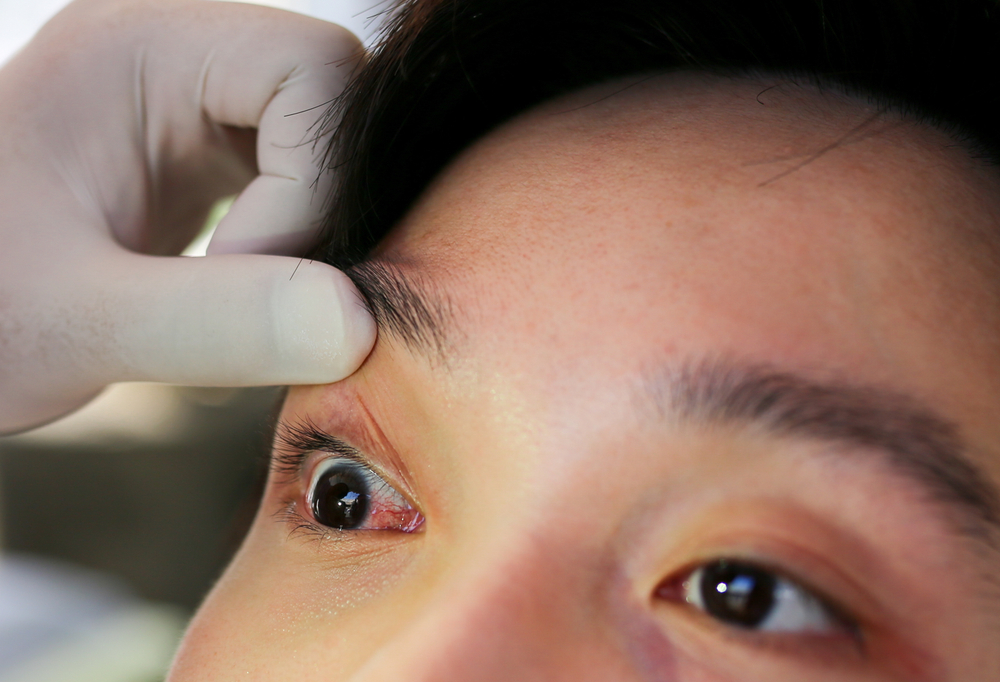
Eye emergencies are sudden and usually painful conditions that require immediate medical attention. They could range from foreign objects in the eyes to more severe conditions like retinal detachment or acute glaucoma. Understanding what constitutes an eye emergency is critical to preserving vision and preventing long-term damage.
Recognizing Common Eye Emergencies
Eye emergencies can take many forms, and it's crucial to recognize the symptoms to take appropriate action. Some of the most common eye emergencies include chemical burns, foreign objects in the eye, sudden vision loss, and eye trauma.
Chemical burns occur when harmful substances come into contact with the eye. The severity of the burn mainly depends on the nature of the chemical involved. Symptoms include intense pain, redness, watering of the eye, and, in severe cases, blurred vision or vision loss.
Foreign objects in the eye are another common occurrence. This could range from dust and dirt to larger, sharper objects. Symptoms may include pain, redness, blurry vision, and a feeling of discomfort or grittiness in the eye.
Sudden vision loss can be particularly alarming. This may be a sign of a serious condition, such as retinal detachment or a stroke affecting the eye. Other symptoms may include flashing lights, floaters, or a curtain-like shadow over your field of vision.
Eye trauma, which includes any injury to the eye, can result from accidents, sports injuries, or physical assault. Symptoms may vary, but common ones include pain, redness, swelling, bleeding, and vision changes.
Steps to Take in Responding to Eye Emergencies
Recognizing an eye emergency is the first step. The next crucial step is knowing how to respond appropriately. Here are some general steps to take when dealing with eye emergencies:
Firstly, if the eye is injured, avoid rubbing it, as this can cause further damage. If a foreign object is in the eye, don't try to remove it yourself, especially if it's large or embedded. Instead, seek immediate medical attention.
In the case of chemical burns, rinse the eye with plenty of water for at least 15 minutes. Make sure to tilt your head so that the water drains away from the unharmed eye to prevent the chemical from spreading.
If there's sudden vision loss, seek emergency medical attention immediately. Avoid driving yourself to the hospital, as your vision may be impaired.
Handling Eye Emergencies: Do's and Don'ts
When it comes to handling eye emergencies, there are a few key do's and don'ts to keep in mind.
Do seek immediate medical attention for any serious eye injury or sudden vision loss. Do rinse your eyes with plenty of water in the event of a chemical burn. Do protect your eye with a shield or glasses if there's a foreign object or injury.
Don't rub or put pressure on an injured eye, as this can cause further damage. Don't try to remove a large or deeply embedded foreign object yourself. Don't ignore the symptoms of an eye emergency, even if they seem to improve or disappear.
Stay Safe, Stay Vigilant, and Take Care of Your Vision
Recognizing and responding swiftly to eye emergencies can make all the difference in preserving vision and preventing permanent damage. By understanding the signs of common eye emergencies, knowing the importance of quick response, and following the appropriate steps, you could potentially save your sight or that of someone else.
To learn more about recognizing and responding to eye emergencies, visit EyeXcel at our Hardin Valley office in Knoxville, Tennessee. Call (865) 243-8260 to schedule an appointment today.










